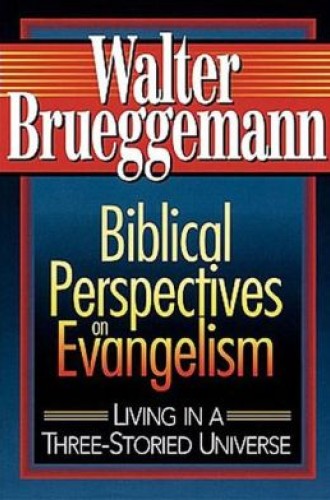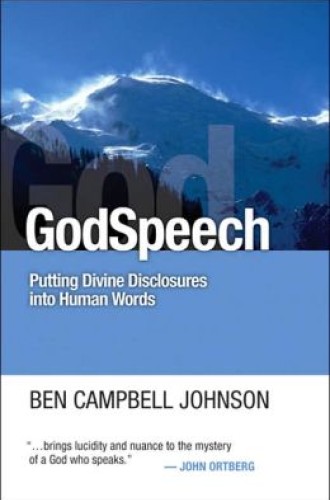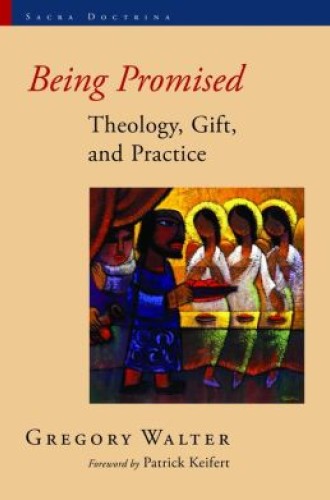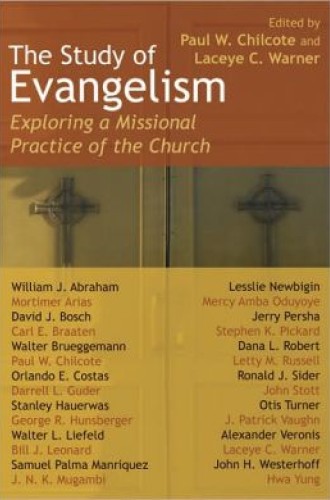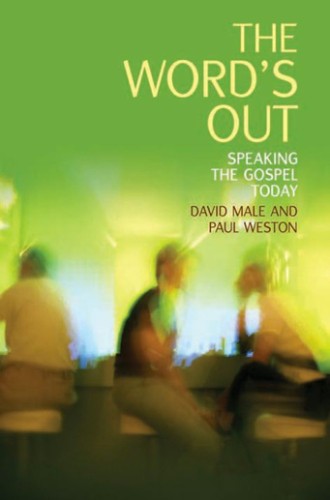Evangelism
The Logic of Evangelism, by William J. Abraham. Abraham sees evangelism in a series of movements that concern initiation into the kingdom of God. He brings the incisive analytic skills of a philosopher and practicing Christian to this book, as he does to all of his writings on renewal and theology. This volume is unique in its clarity and power on the much neglected topic of the logic of evangelism.
Biblical Perspectives on Evangelism: Living in a Three-Storied Universe, by Walter Brueggemann. Brueggemann views evangelism as “doing the text again, as news”—news that is received, appropriated and enacted in contemporary ways. He follows Paul Ricoeur’s insight regarding reading the world in front of the text. This approach opens the Bible in ways seldom explored in circles concerned with evangelism.
Read our latest issue or browse back issues.
GodSpeech: Putting Divine Disclosures into Human Words, by Ben Campbell Johnson. Johnson distinguishes between primary and secondary Godspeech and focuses here on the secondary: what we say about God—that is, how we notice and translate into discourse the presence of God in ordinary activities. This opens the door to many indirect approaches to evangelism.
Being Promised: Theology, Gift, and Practice, by Gregory Walter. Walter takes up an essential characteristic of the word spoken as the good news in evangelism: it is an unconditional promise. As a philosophical theologian he places his conversation within three areas of contemporary research on gift exchange: cultural anthropology, continental philosophy, and the interpretation of key texts from the Bible regarding gift exchange and promise. To unfold his exploration of being promised he draws on methods of phenomenology, making these subtle and complex moves accessible to the patient reader.
The Study of Evangelism: Exploring a Missional Practice of the Church, edited by Paul W. Chilcote and Laceye C. Warner. This is the best compendium of classic sources on evangelism that I have found. It is especially helpful for tracing some of the recent developments in evangelism growing out of a global perspective. The inclusion of some classic pieces in the “missional church” conversation is a plus.
The Word’s Out: Speaking the Gospel Today, by David Male and Paul Weston. Weston and Male represent the thoughtful and creative edge of the contemporary English “fresh expressions” movement. They have a long record in serious theological reflection and sustained personal evangelistic practice. Unlike many evangelistic efforts in the United States, which are obsessed with the church’s loss of cultural status, this book works with a sober recognition of how insignificant such matters are to the church in the United Kingdom, just as they are to the church in the United States and Canada.



